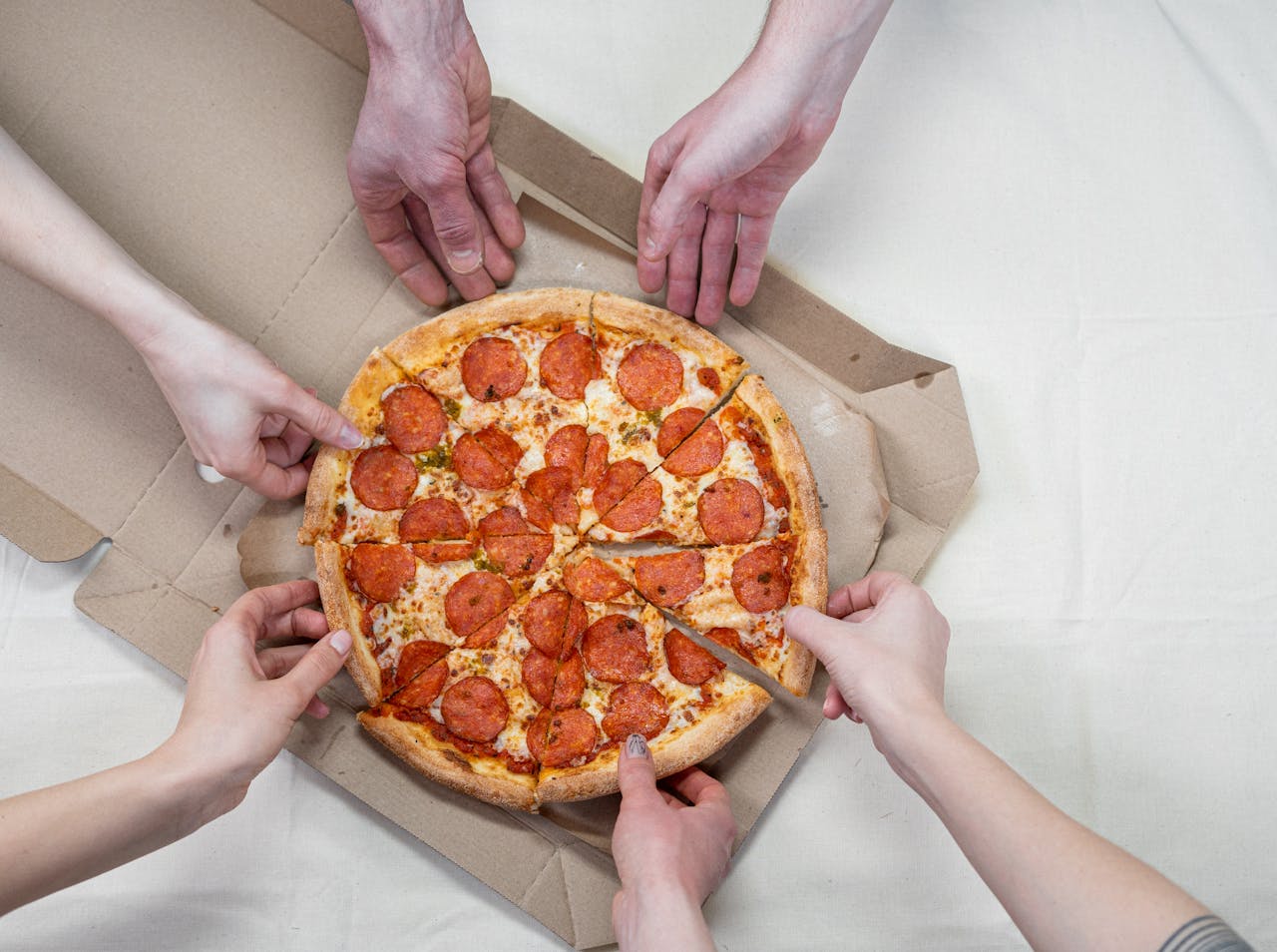Hey there! 👋
Food is life. We spend around four years of our lifetime eating, after all. 🍴 It's incredible how what we eat can influence how we feel. Food is a form of nourishment and enjoyment that we all indulge in—sometimes a little too much. 🫣
Interestingly, the same food that can heal us can also be detrimental to us. Inflammation plays a big role in this, and certain food can contribute greatly to it over time. Let’s dive into what these foods are, shall we? Let’s go! 🫴
First up, let’s talk about sugar and high fructose corn syrup. 🍭🥤 These sneaky ingredients are everywhere, from candy and soda to pastries. 🍰 Consuming too much can trigger inflammation in the body. I came across a study where mice fed a high sugar diet developed cancer that spread to their lungs, partly because of the inflammation. Even regular soda can increase uric acid levels, driving inflammation. 🍬⚠️ So it’s best to be err on the side of caution, note to self: I don’t have to eat that whole pack of candies in one sitting. 🫣
Next on the list is fried food. 🍟🍩 I adore it—the nice crisp on the outside and the flavor it lends to the food. I mean, who doesn’t love French fries, doughnuts, or fried chicken? 😋 But here’s the catch: frying food at high temperatures produces harmful compounds called advanced glycation end products (AGEs) that can cause inflammation and are linked to chronic diseases. Fried food can also mess with our gut microbiome, which is crucial for overall health. 🍤🙈
Refined carbohydrates are another thing to watch out for. 🍞🍝 Think white bread, pasta, and pastries. These have had most of their fiber removed, leading to spikes in blood sugar and promoting inflammation. Research shows that diets high in refined carbs can encourage the growth of inflammatory gut bacteria, increasing the risk of conditions like obesity and inflammatory bowel disease. So, considering whole grain options can be a healthier choice. 🌾🍪 After all, the consumption of fiber with sugar is known to help decrease blood glucose spikes in people.
Alcohol is another factor. 🍷🍺 While moderate drinking might have some benefits, heavy alcohol consumption can lead to increased inflammation. It can cause a “leaky gut,” allowing bacterial toxins to move into the body and trigger widespread inflammation. The key here is moderation—keeping it to one drink a day for women and two for men can help avoid these inflammatory effects. 🥂 So go get that glass of wine with the girls, nurse that glass the whole night, and savor it while tea is served. 😝
Lastly, let’s talk about meats cooked at high temperatures. 🍖🔥🥩 Grilling, barbecuing, roasting, and frying meat can produce AGEs too. 🙈. Processed meats like bacon and sausage are particularly bad because they contain them and are high in unhealthy fats. A little trick I’ve found is marinating meats in something acidic like lemon juice or vinegar before cooking, which can reduce AGE formation. Opting for cooking methods like steaming or poaching can also help.
I know, I know—what am I saying? These are all so yummy! What is life without enjoying it, right? And food cooked these ways with these ingredients are especially good! 😩 I’m not saying you have to ditch all of these and go cold turkey. Well, if you can, that would be fantastic, and I’ll idolize you forever. 😝 But for me? I won't be able to. 🫣 What I can do, though, is be mindful and eat this food in moderation and less frequently than before. Maybe next time we’ll talk more on food anti-inflammatory food? it’s not all bad news, I promise!
How about you? Let’s make a pact to enjoy our favorites but be smart about it. We can still savor those delicious bites while taking care of our health. 💪🍏😊 We have control over what we put into our bodies, and by making informed choices, we can help keep inflammation at bay and feel our best. Maybe sprinkle in supplements that help our body with the fight against inflammation too? That would be great. 😉
Show me your bottle and I’ll show you mine? ‘Til next time!
xo L

👀: https://www.healthline.com/nutrition/6-foods-that-cause-inflammation#The-bottom-line
https://www.ncbi.nlm.nih.gov/pmc/articles/PMC3704564/
https://pubmed.ncbi.nlm.nih.gov/33312070/
https://www.ncbi.nlm.nih.gov/pmc/articles/PMC7254282/



